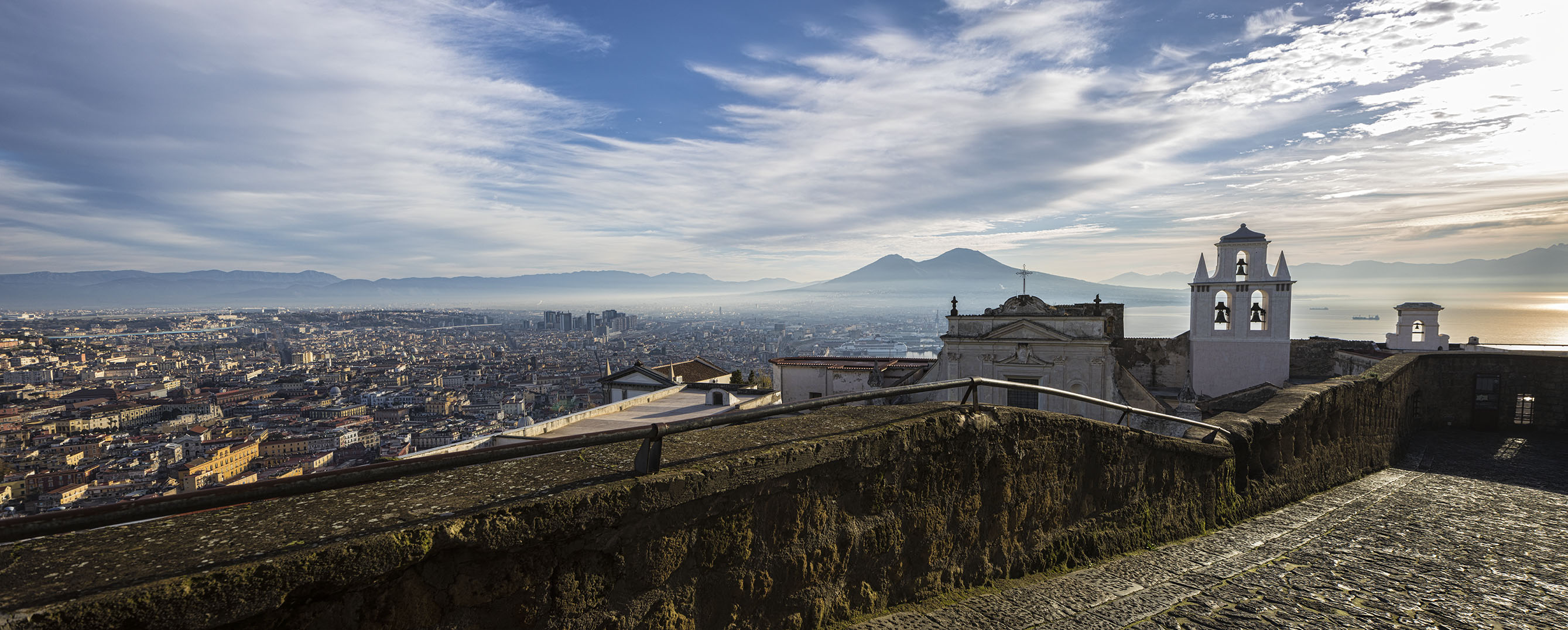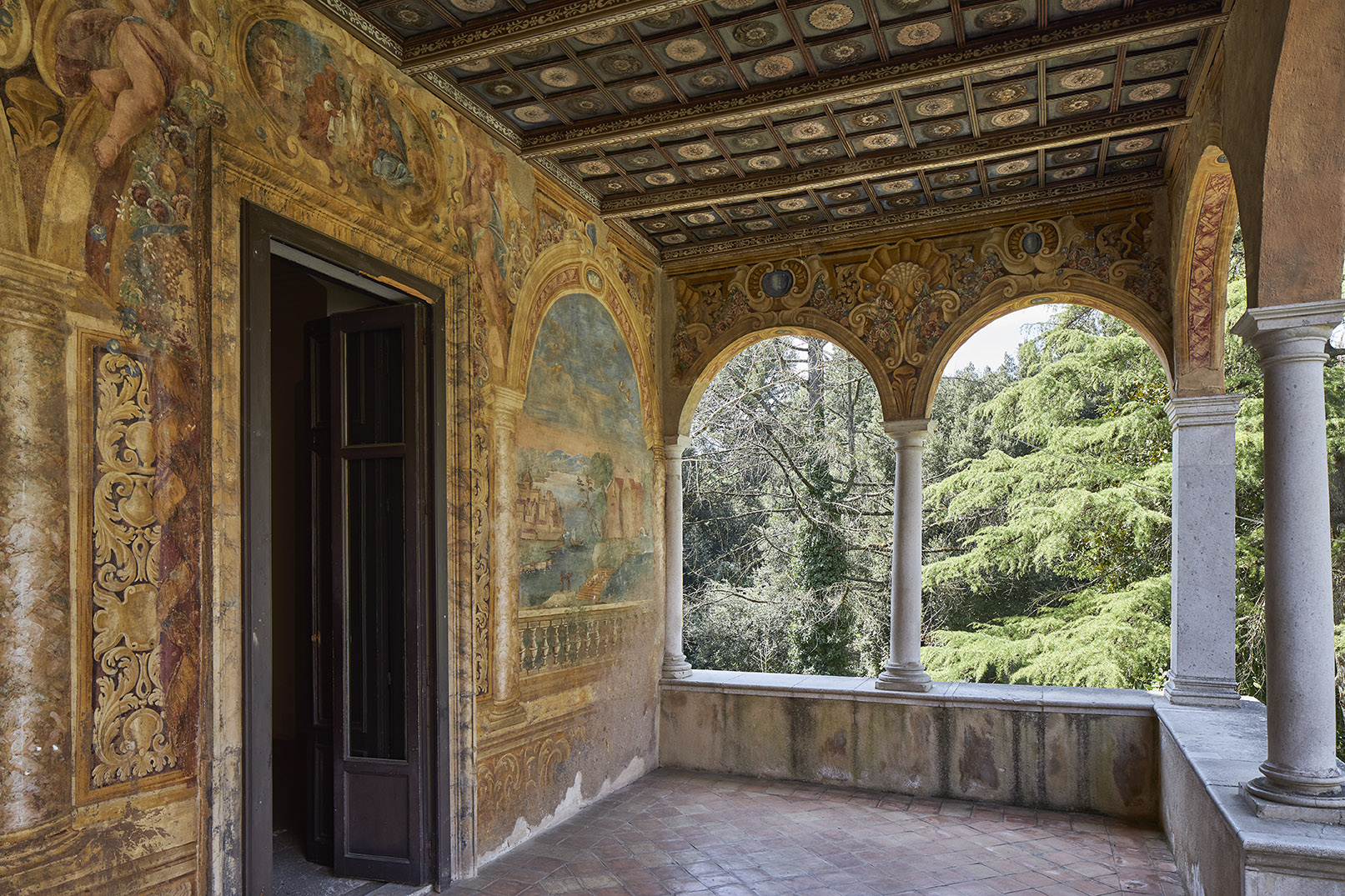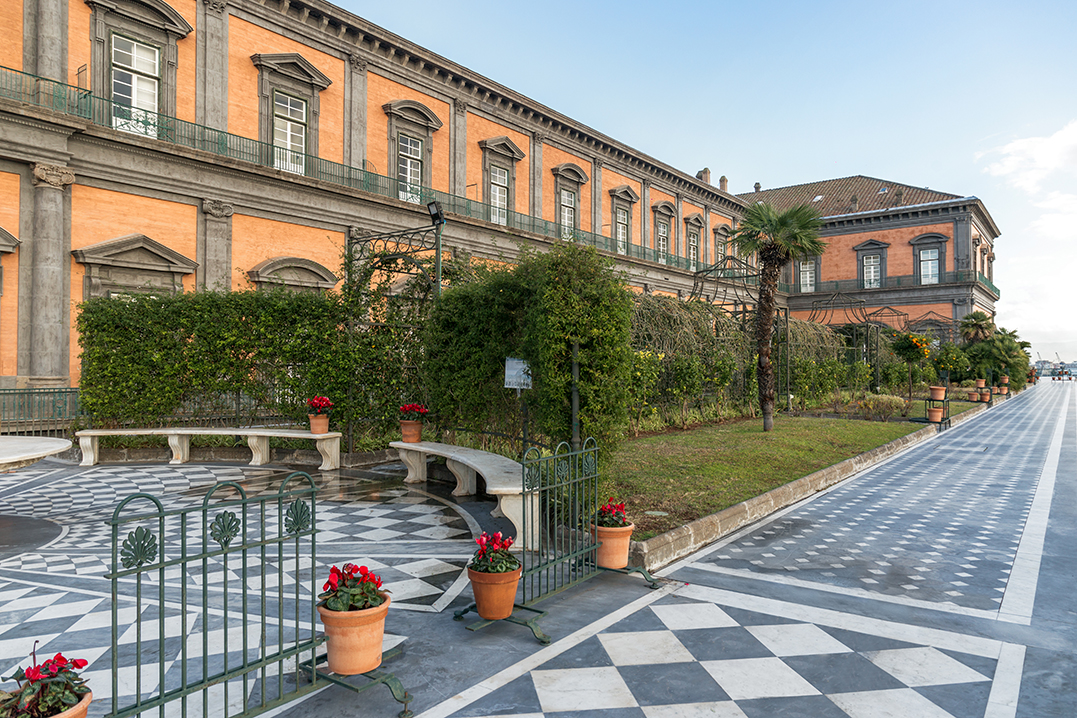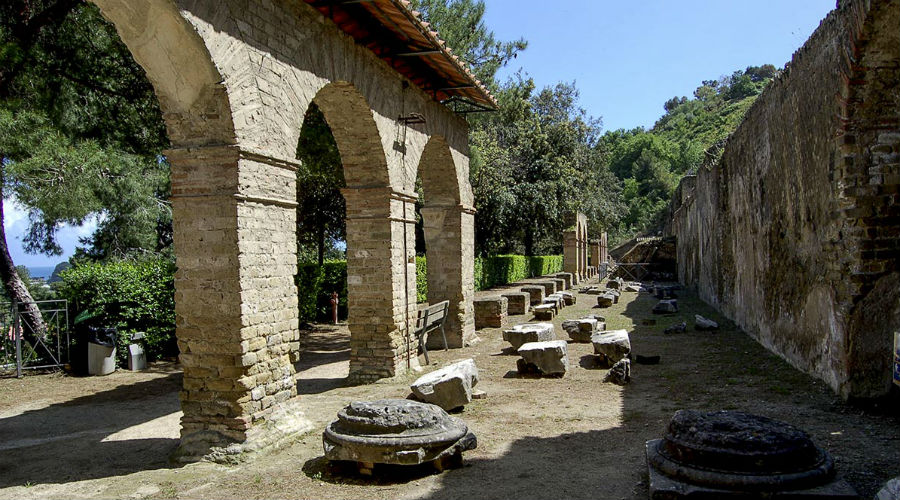Description
One of the most important connecting routes for trade and development in the ancient world, the Via Appia (Appian Way) is home to a unique archaeological heritage.
The stages
This rich itinerary takes visitors along a fascinating route that is intimately linked to the history of the Campania region, from its origins as a place of work to its position as the political and cultural centre of the Mediterranean; from the extraordinary finds in the archaeological museums of the ancient cities of Capua and Calatia to the Bourbon delights of the Real Sito di Carditello (Royal Site of Carditello), passing by majestic amphitheatres, mithraea and aqueducts.
Visit to the Royal Site of Carditello
Duration: 2 hours
As the privileged residence of the Bourbons, the Royal Site of Carditello is an important example of rescue and recovery in the name of Terra di Lavoro's (Land of Work) history and tradition. As well as a visit to the main building, the site also offers the opportunity to venture out into its vast estates, reliving the favourite activities of the Bourbon family.
Show moreVisit to the Archaeological Museum of ancient Capua and Mitreo
Duration: 45 minutes
Originally built as a fortress, the Torre di Sant'Erasmo (Sant'Erasmo Tower) in the municipality of Santa Maria Capua Vetere became a royal residence, an archive, a stable and even a horse breeding institute over the centuries before being turned into a museum housing the legacy of one of the most important and prosperous cities of the ancient world.
Show moreVisit to the Anfiteatro campano (Campanian Amphitheatre) and Museo dei Gladiatori (Gladiators Museum)
Duration: 1 hour
The Campanian Amphitheatre is a perfect example of the importance that the city of Capua was able to establish for itself in the complex socio-political panorama of the ancient world: while the former was second in size only to the Colosseum in Rome, acting as a model, the latter was one of the most important sites of Mithraism.
Show moreVisit to the Museo provinciale campano (Provincial Museum of Campania)
Duration: 2 hours
With its heritage of almost 3,000 years of history, the Campanian Provincial Museum of Capua stands out as one of the most significant museums dedicated to the Italic civilisation of Campania in ancient times.
Show moreVisit to the Museo archeologico di Calatia (Calatia Archaeological Museum)
Duration: 1 hour
The town of Calatia, built along what in ancient times was known as the "Queen of Roads", the Appian Way, was an Etruscan city that gained considerable political and strategic importance, particularly during the second Roman-Samnite war, fought between 326 BC and 304 BC. Today, the legacy of this ancient and proud city lives on in the Archaeological Museum that is entirely dedicated to it, housed in the Casino ducale dei "Carafa della Stadera", (The Casino ducale of the "Carafa della Stadera) a strengthened farmhouse from the 16th century that was one of the main residences of this important family in the city of Maddaloni.
Show moreA stop at the Acquedotto Carolino (Carolino Aqueduct)
Duration: 30 minutes
The work was designed by Luigi Vanvitelli and commissioned by King Charles of Bourbon. It was officially opened on 7 May 1762 and supplied water to the San Leucio complex and the Royal Palace of Caserta. The aqueduct also created a very important ancillary industry, which favoured the development of many entrepreneurial ventures that made use of the driving force of the water, such as the numerous mills set up along the 38-kilometre-long aqueduct.



